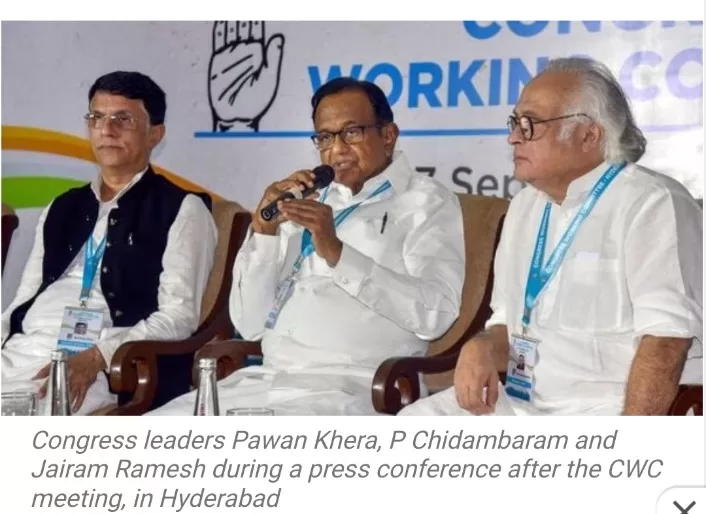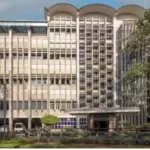The Congress Working Committee (CWC) convened in the bustling metropolis of Hyderabad, Telangana, under the esteemed chairmanship of Congress President Mallikarjun Kharge. In the presence of distinguished senior Congress leaders, a significant resolution was passed, resonating through the political corridors.
This pivotal resolution, as reported by the reputable news agency PTI, earnestly called for a substantial augmentation in the prevailing upper limits of reservations, specifically targeting the Scheduled Castes (SCs), Scheduled Tribes (STs), and Other Backward Classes (OBCs). This resolute stance taken by the CWC, the apex decision-making body of the Congress party, carries profound implications for the nation’s socio-political landscape.
The backdrop of this resolution finds its roots in the landmark judgment rendered by the Supreme Court in the Indra Sawhney & Others vs. Union of India case, dating back to 1992. In this seminal ruling, the apex court unflinchingly upheld the reservation ceiling at 50%, an edifice that has since guided reservation policies. Furthermore, the court introduced 11 meticulously defined indicators to evaluate “social backwardness,” a criterion integral to the allocation of reservations to various communities.
In the wake of the Indra Sawhney judgment, the Supreme Court wielded its authority to nullify decisions made by numerous state governments that transgressed the sacrosanct 50% reservation threshold. This assertion of judicial power had a cascading impact on the nation’s social justice fabric.
However, the timing of the CWC’s resolute declaration is particularly poignant. In the state of Maharashtra, the Maratha community’s fervent agitation for reservations has ignited fiery debates, echoing sentiments echoed by other marginalized communities clamoring for similar entitlements. The poignant matter often escalates to violence, underlining the delicacy of the subject matter.
At the post-CWC press conference, eminent Congress leaders minced no words, lambasting the incumbent government on a trifecta of fronts: political, economic, and national security. The leadership castigated the BJP administration for what they deemed as a grave challenge to India’s constitutional and federal structure.
In the words of former Home Minister P. Chidambaram, “We believe there is a challenge to the constitutional and federal structure of the country,” a trenchant assertion that encapsulates the prevailing political climate.
The CWC also tendered condolences for the loss of lives in the turbulent regions of Manipur and the flood-ravaged landscapes of Himachal Pradesh. A somber reflection on the passing of the veteran leader and former Kerala chief minister Oommen Chandy added a touch of reverence to the proceedings.
The grim statistics painted a harrowing picture, with Manipur witnessing devastating violence that claimed over 200 lives, injured 500, and reduced 5,000 homes to cinders. Himachal Pradesh, too, grappled with the fury of nature, as 430 souls were lost, 39 remained missing, and the state’s infrastructure and homes bore the brunt of destruction, amounting to staggering financial losses.
In this vortex of socio-political discourse, the Congress Working Committee, a venerated institution, has taken a definitive stance, shaping the contours of a national dialogue that transcends partisan boundaries. As the nation grapples with the ramifications of this resolution, it remains to be seen how the pendulum of reservation policies will swing in the future.
By PTI







